Travelling to a region within your country – Sri Lanka – is not that hard, even if it’s from one corner to another corner of the country. You will only need a plan, money and annual leave! You don’t have to get permission from anybody – well, maybe from your parents if you are still living with them, and maybe from your wife if you are an adult enough to get married! But If you want to go to another country, that’s a whole other matter. You need to obtain permission from that country and with this little thing called “visa”!
However, as George Orwell correctly put it, “All animals are equal, but some animals are more equal than others”! This means some countries issue such powerful passports that they don’t need to jump through all the hoops and answer all the questions to obtain permission to enter another country. Either they can roam freely in that country, or they have a visa waiting for them on their arrival, or they can simply apply and obtain an e-visa. Now, this is not just about the power of a passport, but the might of the country that the passport is issued from.
Welcome to the Henley Passport Index and the world’s most powerful passports in 2025!
In a world where freedom of movement often reflects a nation’s geopolitical and economic influence, the Henley Passport Index is more than just a ranking; it’s a mirror of global power or, as one would say, global inequality! With Singapore reclaiming the crown in 2025 and Japan close on its heels, the power dynamics are clear. The European Union continues to dominate the upper tiers, while nations like Afghanistan, Syria, and Iraq are stark reminders of how travel freedom is a luxury not all can afford.
What’s fascinating is the mobility gap—the difference in travel privileges between the strongest and weakest passports has never been wider. The disparity highlights the privileges enjoyed by citizens of wealthy, politically stable nations and the barriers faced by those in conflict-ridden or underdeveloped regions.
Over the past decade, the UAE’s meteoric rise exemplifies how proactive diplomacy and economic policies can enhance a nation’s global mobility. Meanwhile, China’s steady climb demonstrates the growing recognition of its passport’s strength. Conversely, the decline of the once-mighty British and Canadian passports underlines shifting political and economic landscapes, proving that even the most powerful passports are not immune to geopolitical tides.
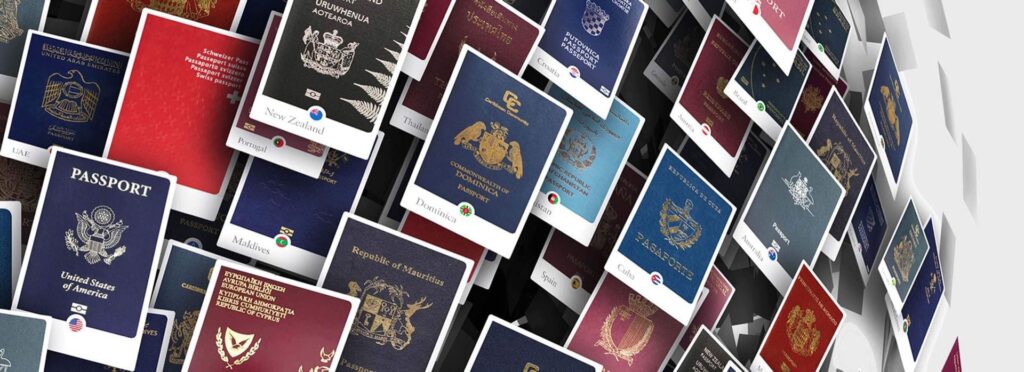
While the Henley Passport Index is the most cited, it’s not alone in this field. Arton Capital’s Passport Index provides a slightly different perspective with its real-time updates and inclusion of additional territories. This index’s ranking of the UAE as No. 1 showcases the nuanced variations in methodology and criteria used.
For travellers, these rankings might mean more than just bragging rights. They’re practical indicators of the ease—or difficulty—of exploring the world. As globalization continues to evolve, so will the value and power of passports, a tiny booklet that often holds the key to dreams of global exploration.
So, as 2025 unfolds, one thing is sure: a passport’s worth is not just in its pages but in the possibilities it unlocks. The Henley Passport Index reminds us of the privileges, inequalities, and aspirations tied to that little booklet we often take for granted. Safe travels—if your passport allows it!
By the way, Sri Lanka is ranked 96th, with countries like Iran, Sudan, Eritrea, and North Korea as neighbours. With this rank, the Sri Lankan passport allows you to travel visa-free or with an on-arrival visa to 44 countries, such as the Bahamas, Cambodia, Cook Islands, Djibouti, Haiti, Mozambique, Rwanda, or Thailand!
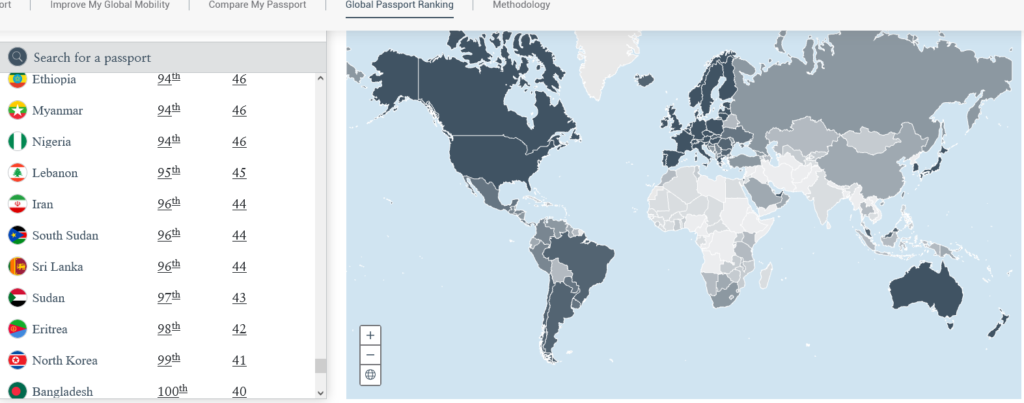
Access the complete list of the Henley Passport Index 2025 from below link:
https://www.henleyglobal.com/passport-index/ranking
(Images: henleyglobal, DailyFT)
Pathum Punchihewa
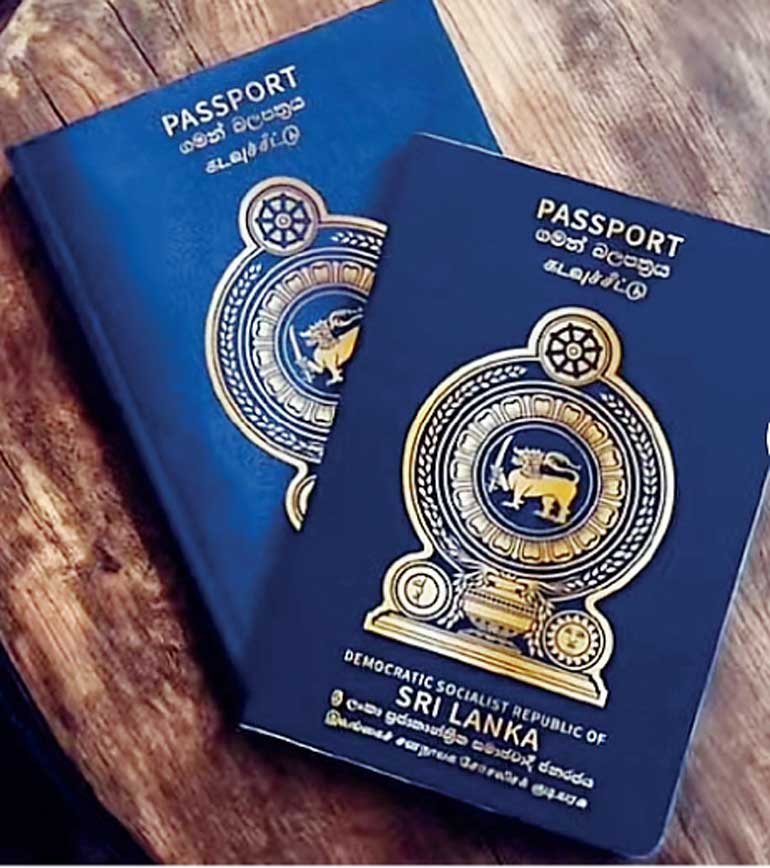
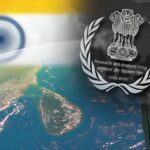


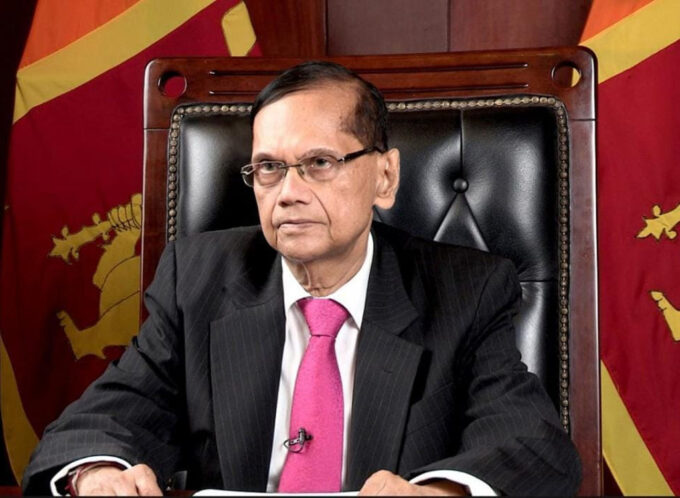
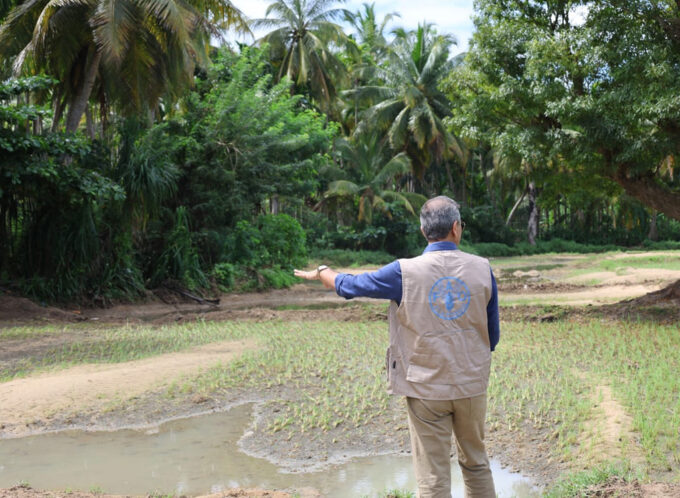
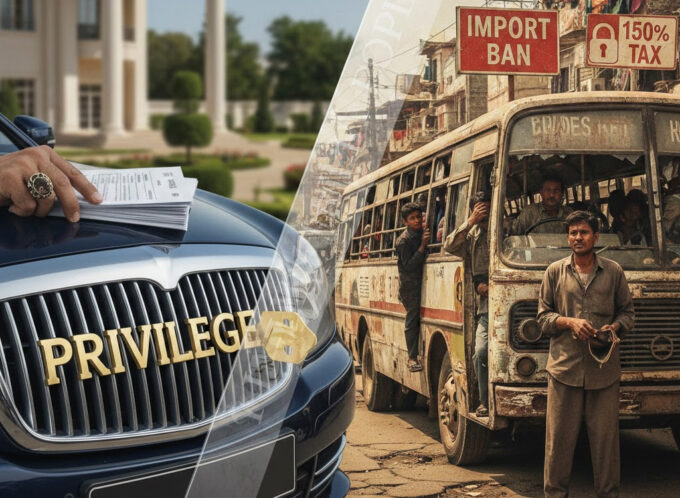




Leave a comment